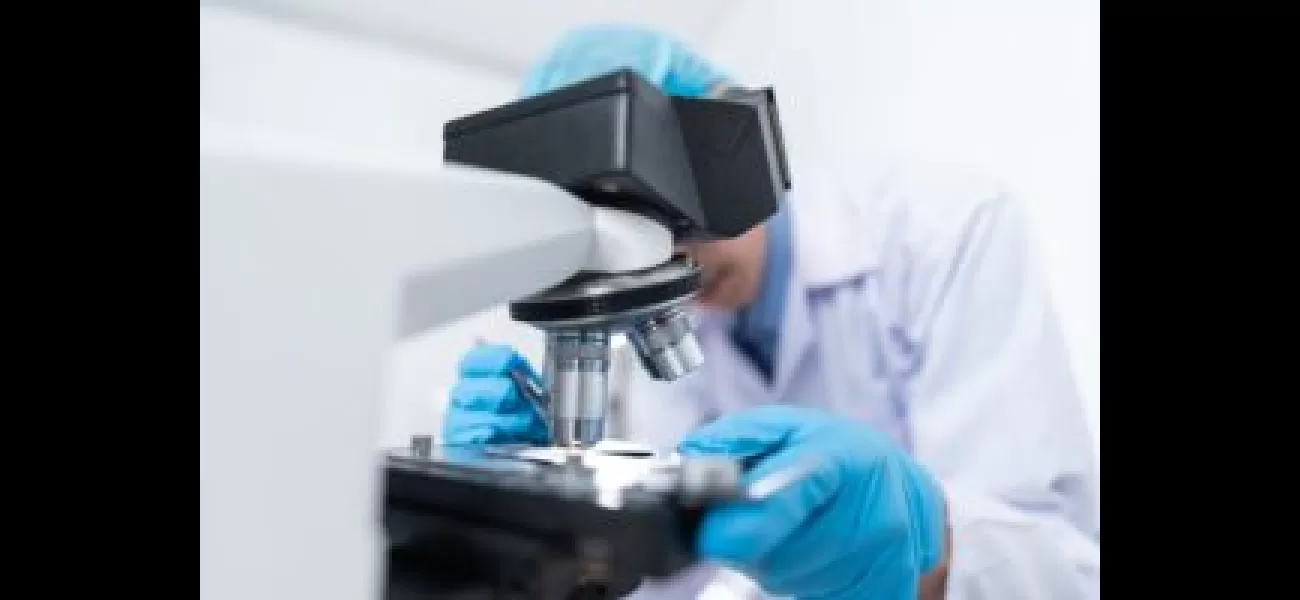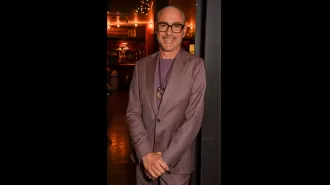Gene editing is seen as a possible way to cure HIV/AIDS.
Trials have had no bad effects, & doses to be increased in 2024.
November 1st 2023.

A new technology may provide a solution to one of the world's most widespread and deadly diseases - HIV/AIDS. A recently published paper in the National Library of Medicine, authored by Mourya Hussein, Mariano A. Molina, Ben Berkhout, and Elena Hererra-Carrillo, suggests that the use of CRISPR technology could potentially lead to the elimination of the virus.
CRISPR stands for "Clustered Regularly Interspaced Short Palindromic Repeats", and is a gene-editing technology that can be used to target host and viral genes, activate antiviral host factors, and inhibit viral replication. The paper acknowledges the challenges of developing a viable pathway to curing HIV/AIDS through gene therapy, such as the risk of affecting genes unrelated to the virus. However, the study recommends further examination of gene editing therapy through clinical trials to assess its effectiveness.
In July 2023, the FDA granted a fast-track designation to Excision BioTherapeutics to test the efficacy and safety of using CRISPR to treat HIV/AIDS in conjunction with antiviral drugs. This fast-track designation is intended to accelerate the development of promising treatments for conditions for which either no treatment exists, or the therapy being investigated is expected to provide advantages over currently available treatments.
Encouraged by the FDA's decision, Excision BioTherapeutics proceeded to add the gene-editing tool to the bodies of three people living with HIV. While the company has not revealed any data about the effects of the treatment, a genome editing expert from the University of California-Berkeley called the trial “an exceptionally ambitious and important trial.” Excision says that the trials have yielded no major negative side effects and that it has plans to increase doses of the treatment in 2024.
The full results of the treatment are not expected to be available until 2024, but William Kennedy, senior vice president of Excision’s Clinical Development division, is hopeful that the treatments will make a difference in treating HIV/AIDS, even if they don’t cure it. Kamel Khalil, a Temple University professor who helped start the company, agrees that the treatments represent an important step toward development in treating the disease.
We can only hope that Excision BioTherapeutics' efforts will pay off, and the treatments will provide a viable solution to HIV/AIDS. With 800,000 annual deaths worldwide due to virus-related complications, the need for an effective treatment is clear. The world is eagerly awaiting the results of the trial in 2024.
CRISPR stands for "Clustered Regularly Interspaced Short Palindromic Repeats", and is a gene-editing technology that can be used to target host and viral genes, activate antiviral host factors, and inhibit viral replication. The paper acknowledges the challenges of developing a viable pathway to curing HIV/AIDS through gene therapy, such as the risk of affecting genes unrelated to the virus. However, the study recommends further examination of gene editing therapy through clinical trials to assess its effectiveness.
In July 2023, the FDA granted a fast-track designation to Excision BioTherapeutics to test the efficacy and safety of using CRISPR to treat HIV/AIDS in conjunction with antiviral drugs. This fast-track designation is intended to accelerate the development of promising treatments for conditions for which either no treatment exists, or the therapy being investigated is expected to provide advantages over currently available treatments.
Encouraged by the FDA's decision, Excision BioTherapeutics proceeded to add the gene-editing tool to the bodies of three people living with HIV. While the company has not revealed any data about the effects of the treatment, a genome editing expert from the University of California-Berkeley called the trial “an exceptionally ambitious and important trial.” Excision says that the trials have yielded no major negative side effects and that it has plans to increase doses of the treatment in 2024.
The full results of the treatment are not expected to be available until 2024, but William Kennedy, senior vice president of Excision’s Clinical Development division, is hopeful that the treatments will make a difference in treating HIV/AIDS, even if they don’t cure it. Kamel Khalil, a Temple University professor who helped start the company, agrees that the treatments represent an important step toward development in treating the disease.
We can only hope that Excision BioTherapeutics' efforts will pay off, and the treatments will provide a viable solution to HIV/AIDS. With 800,000 annual deaths worldwide due to virus-related complications, the need for an effective treatment is clear. The world is eagerly awaiting the results of the trial in 2024.
[This article has been trending online recently and has been generated with AI. Your feed is customized.]
[Generative AI is experimental.]
0
0
Submit Comment





